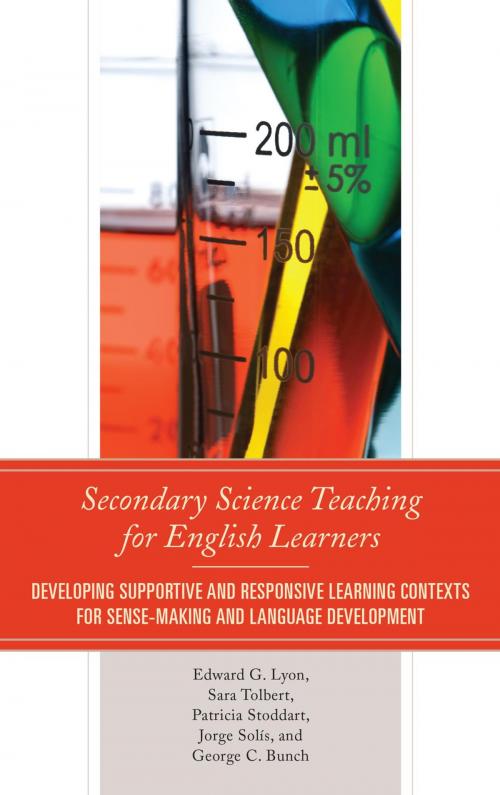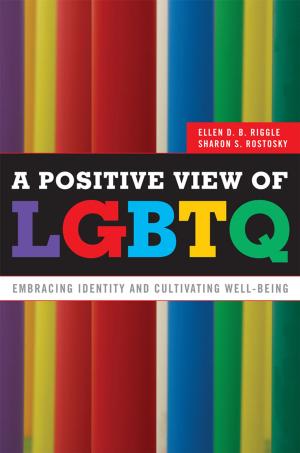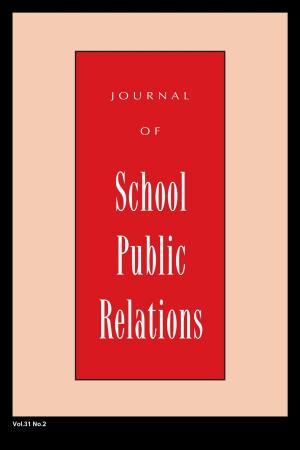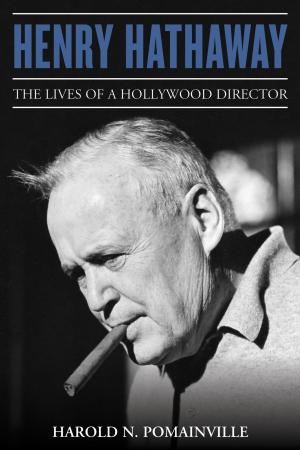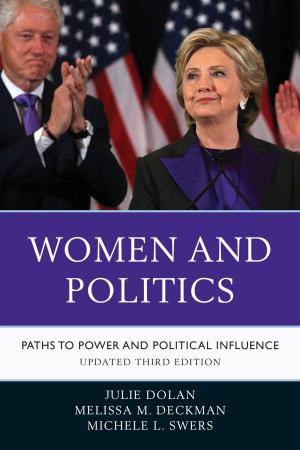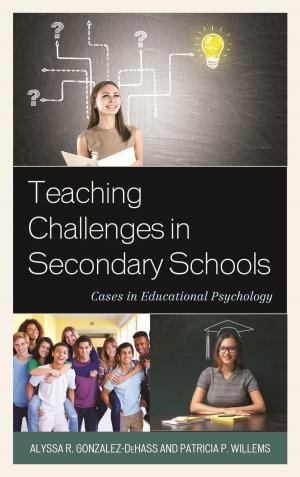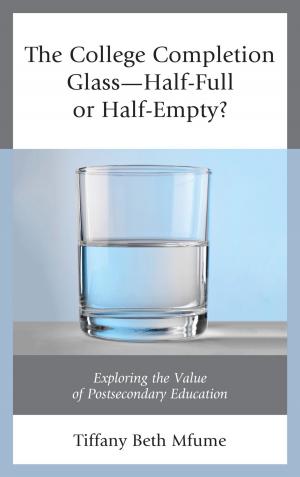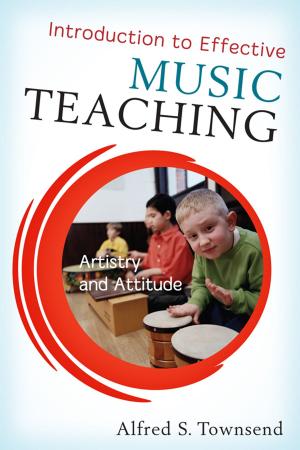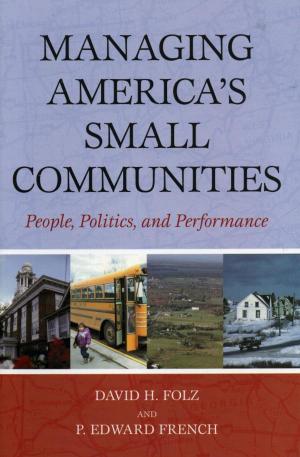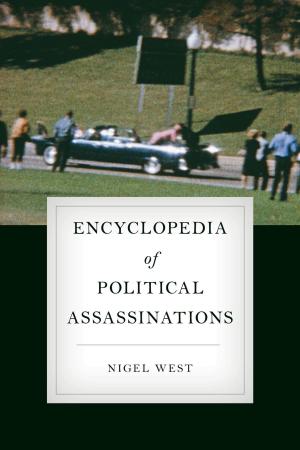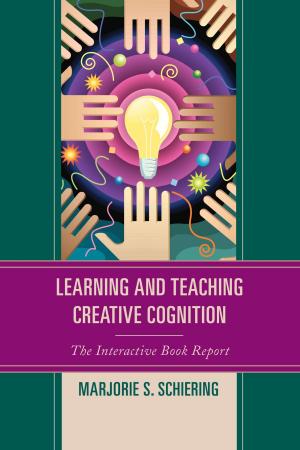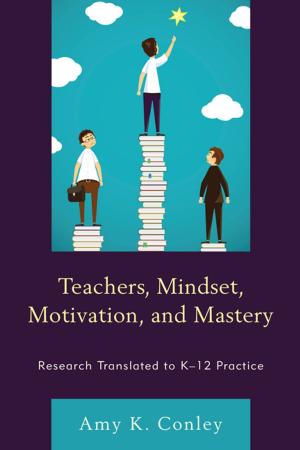Secondary Science Teaching for English Learners
Developing Supportive and Responsive Learning Contexts for Sense-Making and Language Development
Nonfiction, Reference & Language, Education & Teaching, Teaching, Language Experience Approach, Teaching Methods| Author: | Jorge Solís, Sara Tolbert, George C. Bunch, Patricia Stoddart, Edward G. Lyon | ISBN: | 9781442231276 |
| Publisher: | Rowman & Littlefield Publishers | Publication: | June 13, 2016 |
| Imprint: | Rowman & Littlefield Publishers | Language: | English |
| Author: | Jorge Solís, Sara Tolbert, George C. Bunch, Patricia Stoddart, Edward G. Lyon |
| ISBN: | 9781442231276 |
| Publisher: | Rowman & Littlefield Publishers |
| Publication: | June 13, 2016 |
| Imprint: | Rowman & Littlefield Publishers |
| Language: | English |
Secondary Science Teaching for English Learners: Developing Supportive and Responsive Learning Context for Sense-making and Language Development provides a resource for multiple audiences, including pre- and in-service secondary science teachers, science teacher educators, instructional coaches, curriculum specialists, and administrators, to learn about a research-based approach to teaching science that responds to the growing population of English learners in the United States.
The book offers clear definitions of pedagogical practices supported by classroom examples and a cohesive framework for teaching science in linguistically diverse classrooms. The Secondary Science Teaching with English Language and Literacy Acquisition (or SSTELLA) Framework addresses how learning science is enhanced through meaningful and relevant learning experiences that integrate discipline-specific literacy. In particular, four core science teaching practices are described: (1) contextualized science activity, (2) scientific sense-making through scientific and engineering practices, (3) scientific discourse, and (4) English language and disciplinary literacy development. These four core practices are supported by sound theory and research based on unscripted guidelines and flexible modifications of science lessons. Moreover, the four interrelated practices promote students’ use of core science ideas while reading, writing, talking, and doing science, thus reflecting principles from Next Generation Science Standards, Common Core State Standards for English Language Arts, and English language proficiency standards. Secondary Science Teaching provides readers with a historical and theoretical basis for integrating language, literacy, and science in multilingual science classrooms, and well as explicit models and guided support teachers in enacting effective teaching practices in the classroom, including comparative vignettes to distinguish between different types of classroom practice.
Secondary Science Teaching for English Learners: Developing Supportive and Responsive Learning Context for Sense-making and Language Development provides a resource for multiple audiences, including pre- and in-service secondary science teachers, science teacher educators, instructional coaches, curriculum specialists, and administrators, to learn about a research-based approach to teaching science that responds to the growing population of English learners in the United States.
The book offers clear definitions of pedagogical practices supported by classroom examples and a cohesive framework for teaching science in linguistically diverse classrooms. The Secondary Science Teaching with English Language and Literacy Acquisition (or SSTELLA) Framework addresses how learning science is enhanced through meaningful and relevant learning experiences that integrate discipline-specific literacy. In particular, four core science teaching practices are described: (1) contextualized science activity, (2) scientific sense-making through scientific and engineering practices, (3) scientific discourse, and (4) English language and disciplinary literacy development. These four core practices are supported by sound theory and research based on unscripted guidelines and flexible modifications of science lessons. Moreover, the four interrelated practices promote students’ use of core science ideas while reading, writing, talking, and doing science, thus reflecting principles from Next Generation Science Standards, Common Core State Standards for English Language Arts, and English language proficiency standards. Secondary Science Teaching provides readers with a historical and theoretical basis for integrating language, literacy, and science in multilingual science classrooms, and well as explicit models and guided support teachers in enacting effective teaching practices in the classroom, including comparative vignettes to distinguish between different types of classroom practice.
